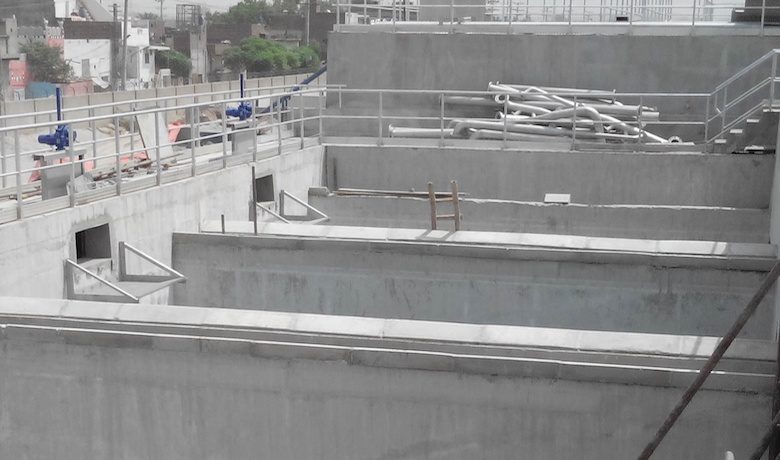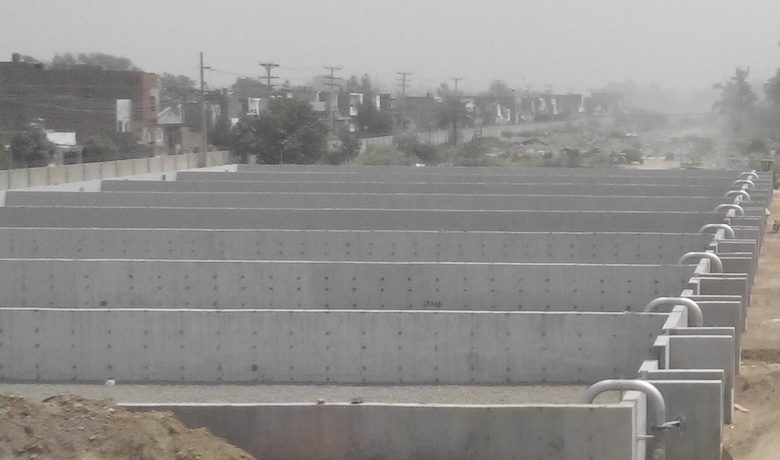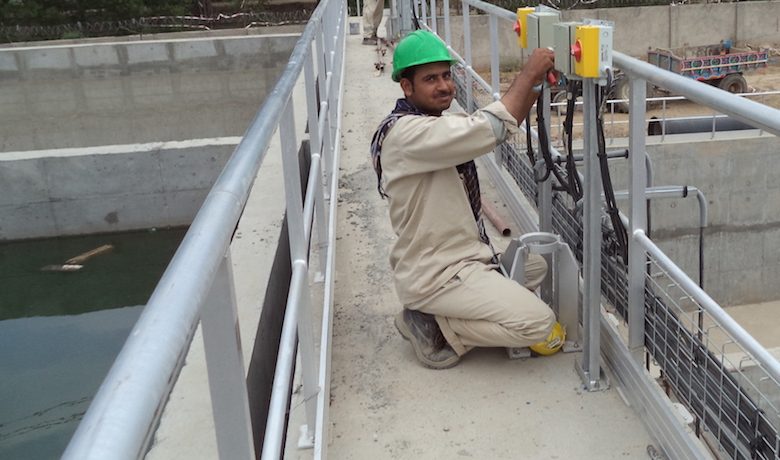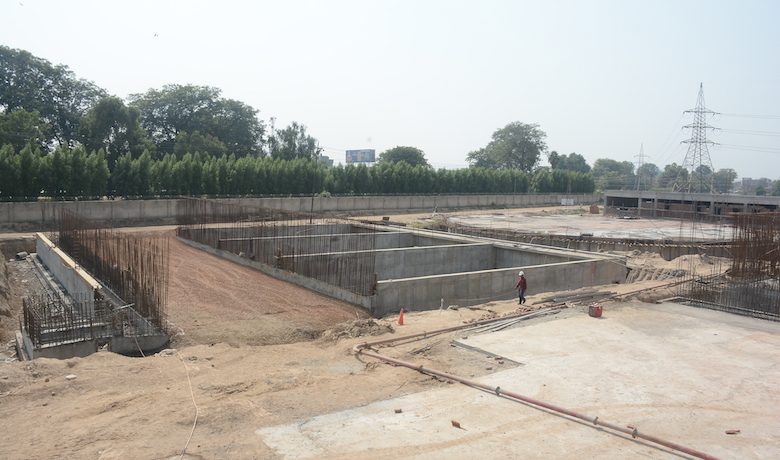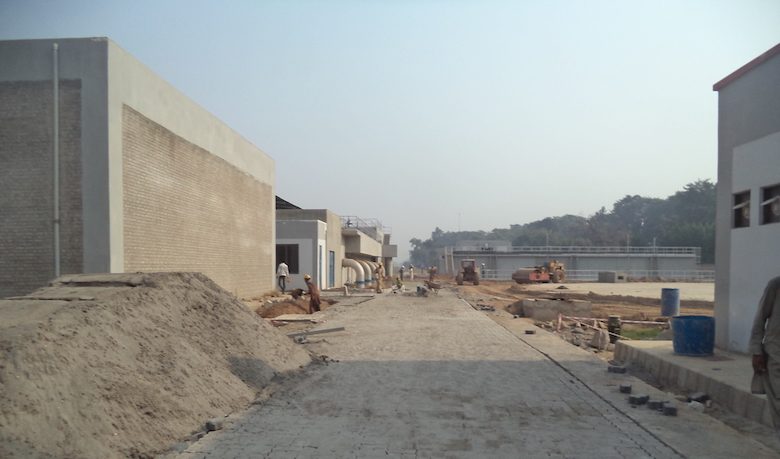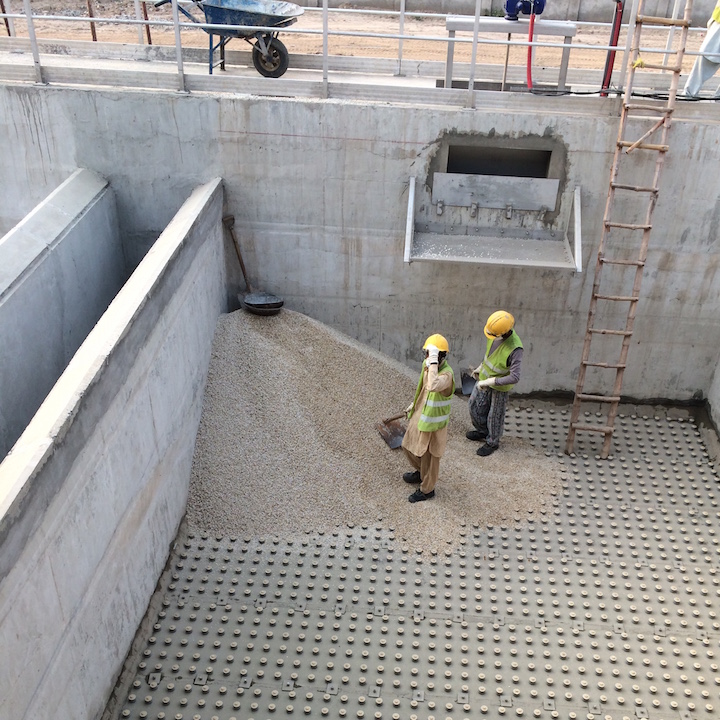Background
Located in the province of Punjab, about 100 kilometres southwest of Lahore, Faisalabad is the third-largest city in Pakistan. This city was originally an agricultural centre that gradually became a major industrial hub.
Faisalabad is very densely populated, with more than three million inhabitants living in area of approximately 122 km2. With an annual growth rate exceeding 3.5%, the city’s population is growing exponentially. In fact, it more than doubled between 1972 and 1998, from approximately 823,000 inhabitants to 1,978,000. The population has since surpassed the three-million mark.
Despite this enormous population growth, water-supply infrastructure was almost non-existent or unequal to the demand, resulting in water shortages (and therefore low pressure) in the city’s water pipes for most of the day.


